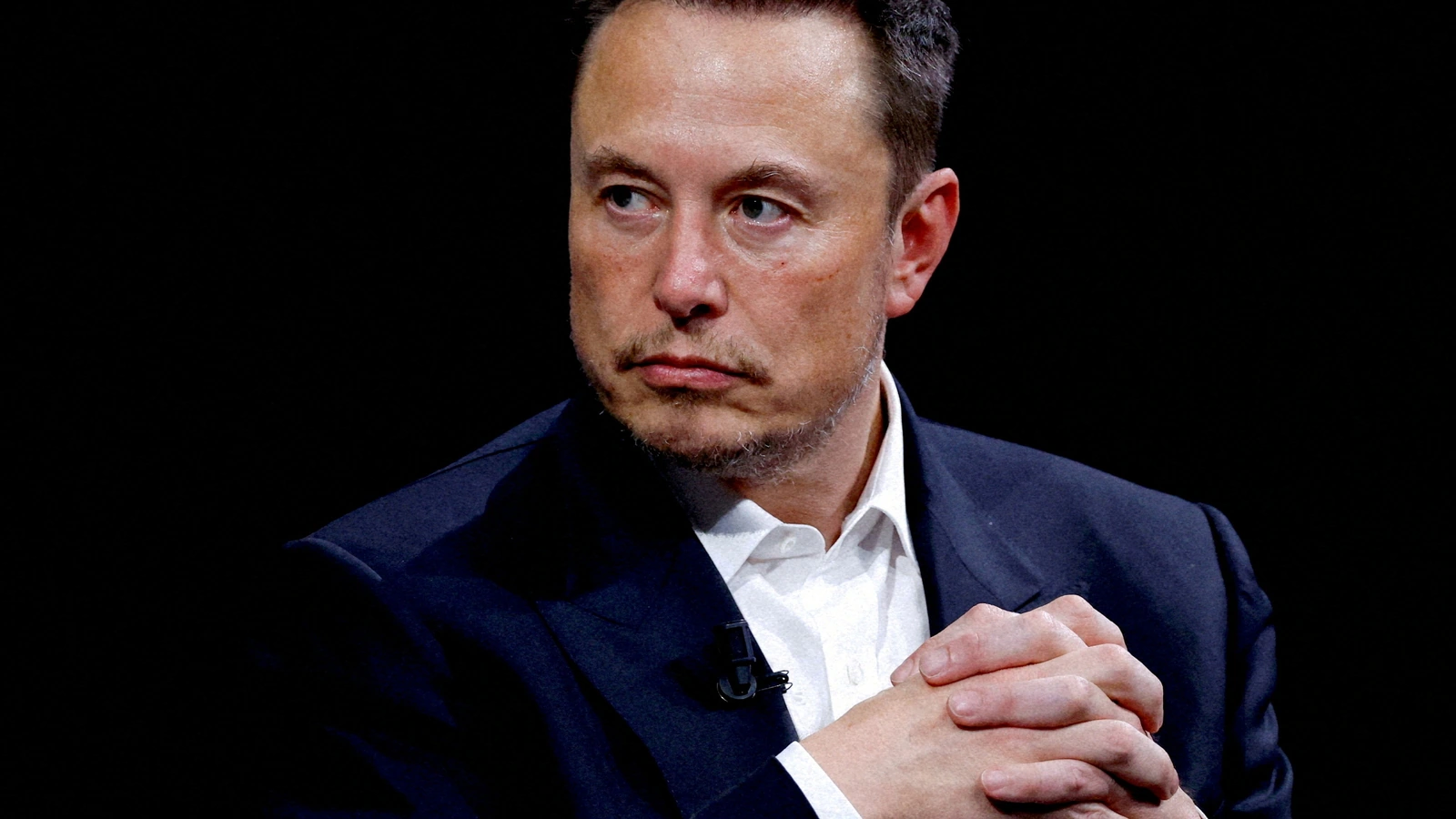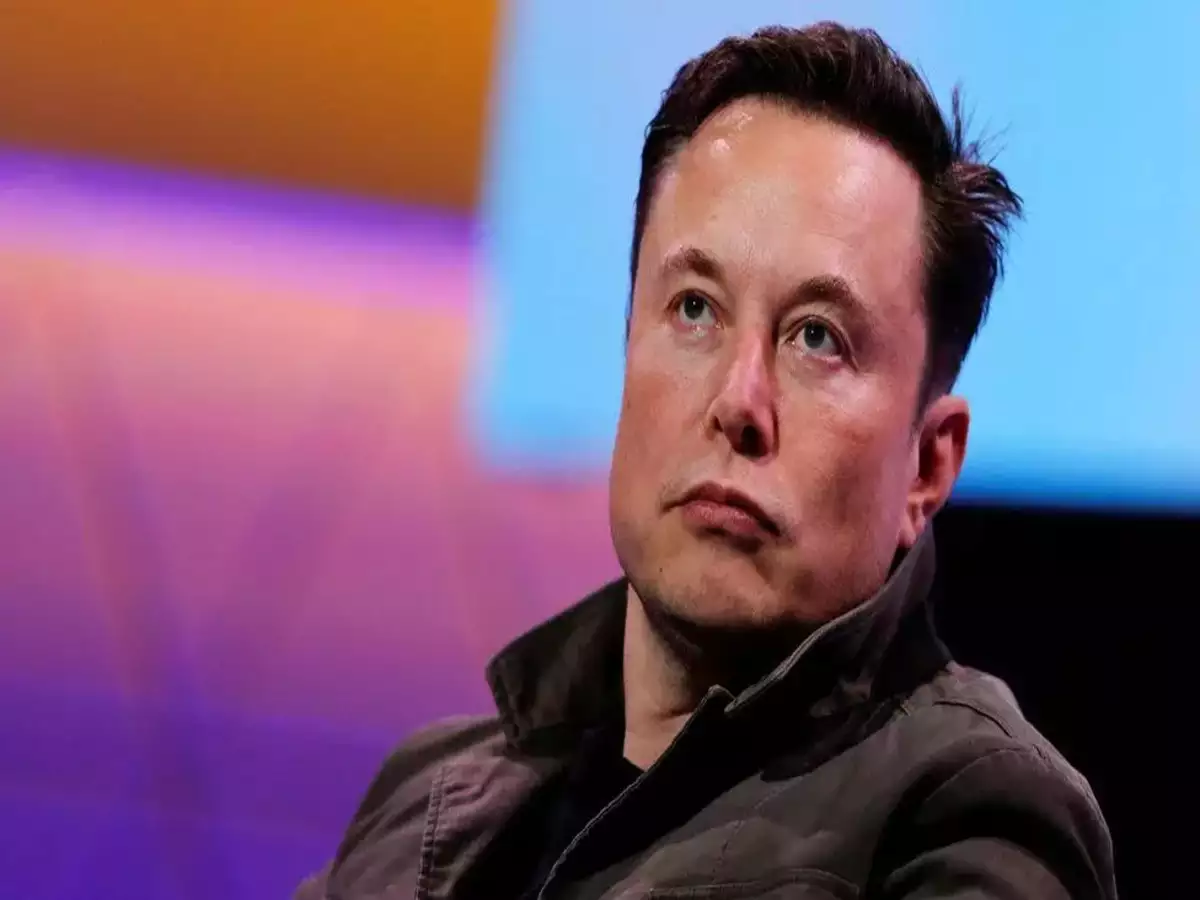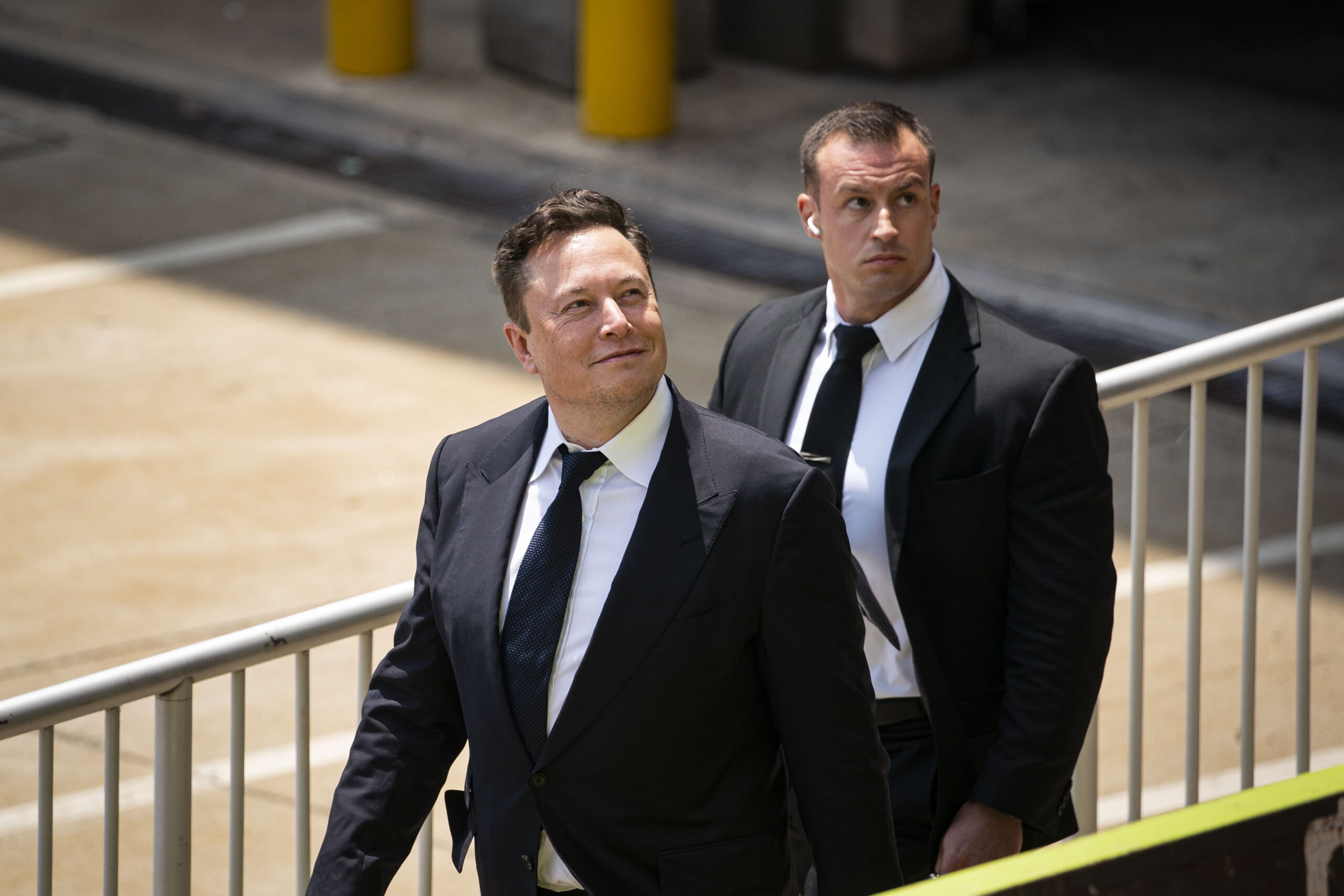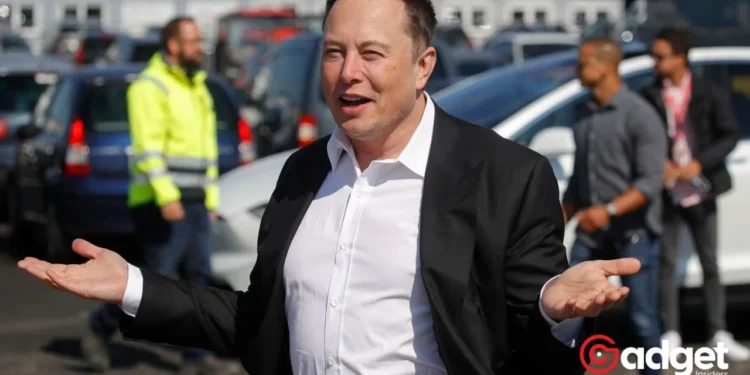In the realm of billionaires and their philanthropic efforts, Elon Musk stands out—not just for his groundbreaking work with SpaceX, and Tesla, and his control over the social media giant X (formerly Twitter)—but also for his unique approach to charity. As the world’s second-richest person, according to Forbes, Elon Musk’s philanthropic endeavors have garnered attention, with a New York Times report shedding light on a rather controversial aspect of his charitable activities.
Elon Musk The Billionaire’s Charitable Empire
In 2020, Elon Musk’s charity reported tax-deductible donations of stock valued at more than $7 billion, catapulting it to one of the largest of its kind in the United States. Yet, this significant contribution has sparked a debate over Musk’s true intentions.
Critics argue that his charity serves as a convenient vehicle for substantial tax breaks, benefiting his sprawling business empire as much as, if not more than, the public good.
The structure of Elon Musk’s foundation is as unconventional as the man himself. Operated without a dedicated staff, its management falls to Musk and two volunteers, one of whom reportedly dedicates as little as six minutes per week to charity work. This lean operation model raises questions about the foundation’s commitment to its philanthropic mission.

A Closer Look at the Foundation’s Contributions
Despite its vast resources, Elon Musk’s charity has been criticized for not meeting its legal donation requirements. In 2022, it fell short by $234 million, marking one of the most significant shortfalls among foundations in the country.
Scrutiny intensified when it was revealed that about half of the foundation’s donations in 2021 and 2022 were directly linked to Musk, his employees, or his businesses.

Notably, a $55 million donation was made to support a major SpaceX customer in fulfilling a charitable pledge, along with contributions to Cameron County fund and two schools closely associated with Elon Musk’s ventures.
The Debate Over Billionaire Philanthropy
The controversy surrounding Elon Musk‘s charity underscores a broader conversation about the role of billionaire philanthropy in society. While some laud the innovative approaches and significant contributions made by figures like Musk, others question the transparency, motives, and effectiveness of such charitable efforts.
It is legally okay for Elon Musk to be the world's most selfish billionaire.
It is not okay for him to set up a foundation designed only for tax break and not even give away the bare minimum required by law to justify the tax break.https://t.co/zT342lBEsp— Peter W. Singer (@peterwsinger) March 11, 2024
Critics argue that philanthropy should not serve as a tax loophole or a means to further personal business interests. Instead, it should transparently and genuinely aim to address societal needs and challenges.

In conclusion, Elon Musk’s charitable activities present a complex picture of a man leveraging his wealth for the public good, albeit with an approach that blurs the lines between self-interest and altruism.
As society grapples with the growing influence of billionaires, the scrutiny of their philanthropic efforts will undoubtedly intensify, prompting a reevaluation of what true charity entails in the age of unprecedented wealth.










